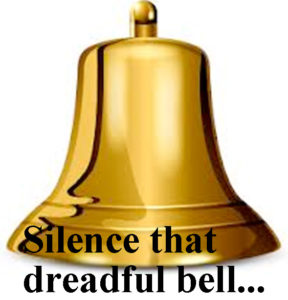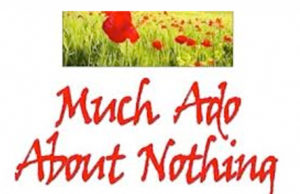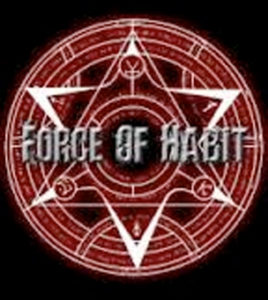 “That time of year thou mayst in me behold
“That time of year thou mayst in me behold
When yellow leaves, or none, or few, do hang
Upon those boughs which shake against the cold,
Bare ruin’d choirs where late the sweet birds sang.
In me thou seest the twilight of such day
As after sunset fadeth in the west,
Which by and by black night doth take away,
Death’s second self, that seals up all in rest.
In me thou see’st the glowing of such fire
That on the ashes of his youth doth lie,
As the death-bed whereon it must expire
Consumed with that which it was nourish’d by.
This thou perceivest, which makes thy love more strong,
To love that well which thou must leave ere long.” (Sonnet 73)
Comments. This sonnet does not require comments. It best expresses the feelings associated with the fading away of the year, the Fall colors and the natural melancholy that goes along with the passing of irrecoverable time.
Tips for Use. You can memorize the first four lines and use them when you are not afraid to admit to your (advancing) age but prefer to use a metaphor. Could go well even in a job interview.
If you like this website why not subscribe (see last menu item to the right)? You will get automatically any new blog as well as any other information and novelty that will be forthcoming. And check the Shakespeare book too.
Image source: a tree in Portland, Oregon
 “Silence that dreadful bell: it frights the isle
“Silence that dreadful bell: it frights the isle








